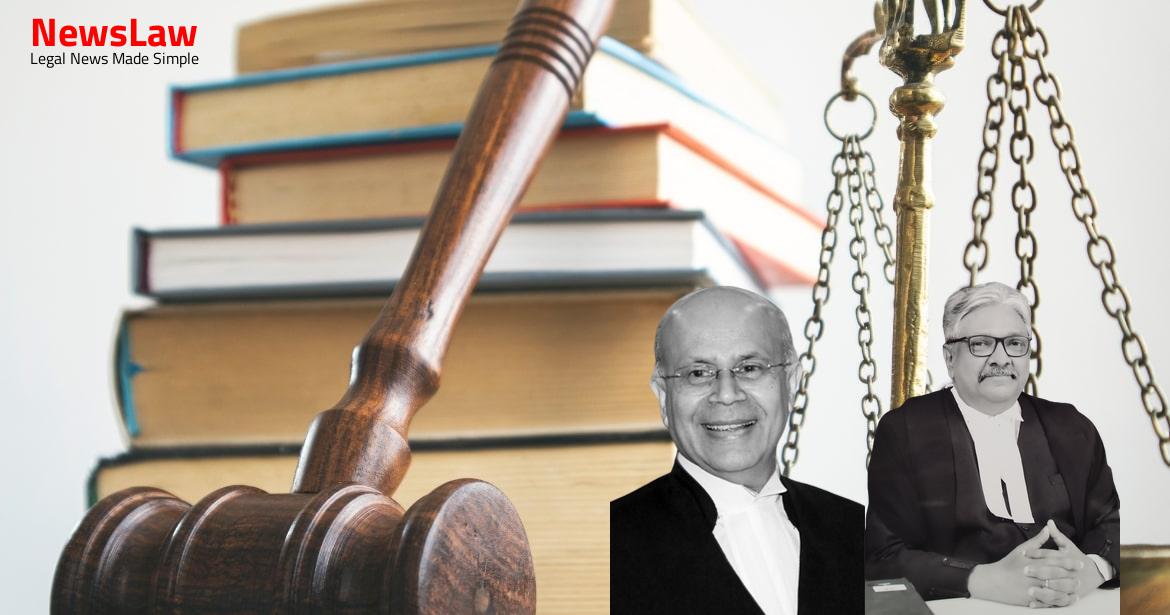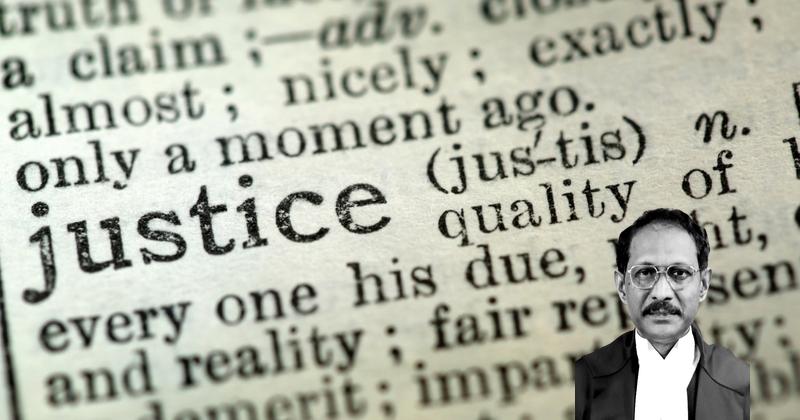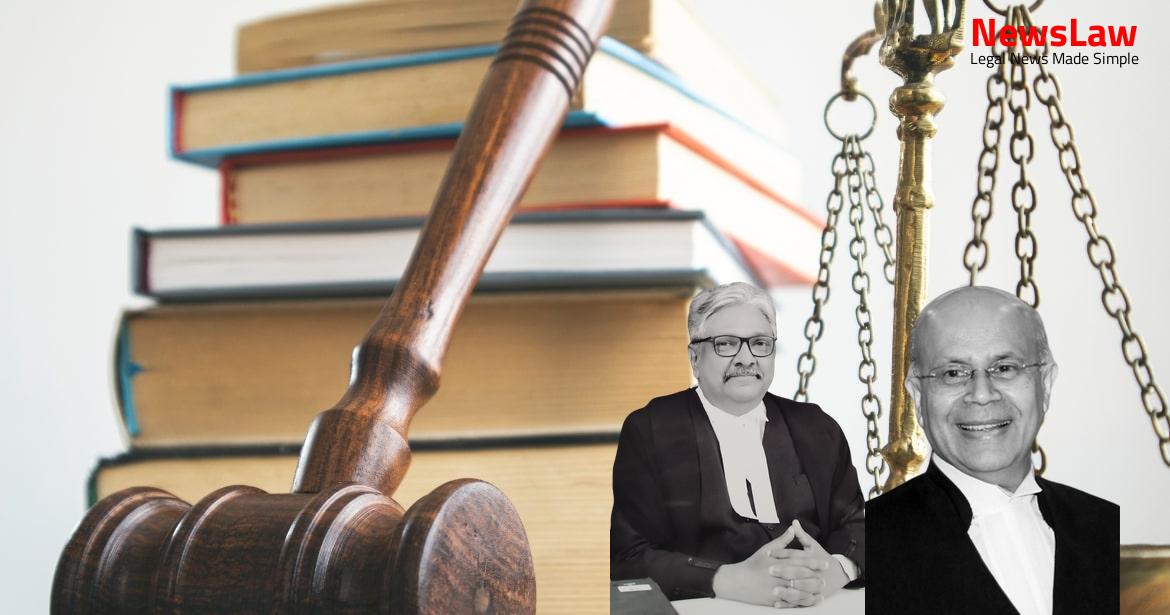Explore the insightful examination conducted by the court on the application of default bail provisions in criminal cases. The detailed legal analysis sheds light on the interpretation of statutory rights and fundamental rights under Article 21 of the Indian Constitution. Follow along as the complexities of jurisdiction and legislative mandates are unraveled in the context of ensuring personal liberty and adherence to legal procedures.
Facts
- The FIR was lodged on 18.11.2018, citing various sections of the Indian Penal Code, Arms Act, Explosive Substances Act, and Unlawful Activities (Prevention) Act.
- The incident involved a grenade attack at a religious gathering, resulting in the death of three individuals and serious injuries to 22 others.
- The FIR narrates the sequence of events where two individuals on a motorcycle carried out the attack.
- The Special Judge was the designated court for cases related to the Unlawful Activities Act.
- The accused, Bikramjit Singh, was apprehended and remanded to custody by the Sub-Divisional Magistrate.
- An application for default bail after 90 days of custody was made but subsequently dismissed.
- A charge sheet was filed on 26.03.2019 by the police after investigation.
- The Special Judge had the authority to directly receive the challan or police report under section 173 of the CrPC.
- The application for extension of time for filing challan under Section 167(2) of the CrPC, in default of presentation of Challan under Section 45(D)(2) of the UAPA, was not maintainable before the Ilaqa Magistrate as per the Notification passed by the Government of Punjab.
- The court of session or court of Additional Session Judge in every district has been designated to try cases related to unlawful activities under the UAPA.
- The Ilaqa Magistrate has no jurisdiction to entertain applications for extension of the investigation period or granting bail under Section 167(2) of the CrPC in cases related to the UAPA.
- A joint interpretation of Section 167(2) of the CrPC with Section 43(d) of the UAPA, Section 6, 13 & 22 of the NIA Act was considered in arriving at the decision.
Also Read: Legal Analysis on Physical Ability in Rape Case
Arguments
- The petitioner’s claim for default bail under Section 167 (2) Cr.P.C. was denied due to the prosecution presenting the challan before the application was filed by the petitioner.
- The Judge, Exclusive Court reasoned that lack of sanction so far is not a valid reason for bail, considering the serious charges the petitioner faces under different acts.
- The judgment of Hitendra Vishnu Thakur vs. State of Maharashtra was cited to dismiss the petition for lack of merit.
- Section 10 of the NIA Act was emphasized by the respondent, affirming the State Government’s powers to investigate and prosecute scheduled offences.
- The respondent highlighted that the entire investigation was carried out solely by the State Police, not involving the National Investigation Agency.
- Smt. Jaspreet Gogia, Advocate for the State of Punjab, elucidated the provisions of the relevant enactments during the proceedings.
- The respondent argued that the Ilaqa Magistrate retained jurisdiction to extend time, and by doing so on 13.02.2019, any default bail application post the 90-day period post 21.02.2019 was deemed dismissible.
Also Read: Analysis of Transfer of Winding Up Proceedings to NCLT
Analysis
- The Court emphasized that an accused must make an application for statutory bail within the stipulated time frame and furnish the necessary bail bond.
- The Court highlighted that the jurisdiction of Special Courts under the UAPA and NIA Act is exclusive for all scheduled offences.
- It was noted that application for default bail must be made before the Magistrate for enforcement of the statutory right.
- Emphasis was placed on the importance of issuing notices to both parties to avoid any concealment of facts in bail matters.
- The Court underlined that personal liberty should be given preference over formalistic and technical procedures.
- The judgment reiterated the necessity for the accused to apply for default bail before the maximum investigation period is extended to 180 days.
- It was clarified that once the charge sheet is filed, the right to default bail is extinguished, and regular bail application becomes the appropriate course of action.
- The judgment highlighted that the stages of bail application should focus on statutory requirements and the willingness of the accused to furnish bail.
- The Court emphasized the importance of following legal procedures even when granting bail in matters of personal liberty and Article 21 of the Constitution.
- Section 16 of the Special Courts Act outlines the procedure and powers of Special Courts, including the ability to take cognizance of offences without the accused being committed for trial.
- Special Courts can try offences in a summary way if punishable with imprisonment up to three years.
- If an accused is found to have committed another offence during the trial, the Special Court may convict them for that offence as well.
- Section 167 of the Criminal Procedure Code sets the maximum period of custody for investigation, with provisions for bail if this period is exceeded.
- The accused has an indefeasible right to seek bail if the investigation is not completed within the prescribed period.
- The NIA Act establishes Special Courts exclusively for offences under specified enactments in the Schedule.
- The UAPA deals with unlawful activities, terrorist acts, and defines the jurisdiction of courts to try offences under the Act.
- Section 43-D(2) of the UAPA modifies the application of Section 167 of the Code for cases involving UAPA offences.
- The expression ‘if already not availed of’ is discussed in relation to the right of an accused to be released on bail before the filing of a charge sheet.
- The court emphasizes that an accused must be considered to have availed of their right when they file an application for bail and offer to meet bail conditions, even if not yet released on bail.
- The interpretation of ‘availed of’ does not require the actual release on bail, but the willingness of the accused to furnish bail bond suffices.
- Instances are highlighted where the prosecution or even the court itself may attempt to frustrate the right to default bail of the accused.
- Various case laws and judgments are referenced to support the stance that the right to default bail should not be subverted or misinterpreted.
- The significance of the right to default bail is reiterated, and the importance of adhering to the legislative mandate in granting bail is emphasized.
- Personal liberty of an accused under a statute with drastic punishments is a significant consideration.
- Arrest or re-arrest of the petitioner is allowed on cogent grounds.
- Upon arrest or re-arrest, the petitioner has the right to petition for regular bail, which will be considered on merit.
- Judgment of the High Court is set aside.
- Default bail is not merely a statutory right but a fundamental right under Article 21 of the Indian Constitution.
Also Read: Judicial Discretion in Contractual Interpretation
Decision
- Judgement will not impact the arrest of the petitioner in any other case
- Appellant entitled to release on ‘default bail’ under Section 167(2) of the Code
- Accused, if released on bail, may be arrested as per Code of Criminal Procedure
- Accused applying for bail under this provision after 180 days to be released on bail immediately
- Appeal allowed, impugned judgement of the High Court set aside
- Petitioner entitled to grant of ‘default bail’ in this case
Case Title: BIKRAMJIT SINGH Vs. THE STATE OF PUNJAB (2020 INSC 589)
Case Number: Crl.A. No.-000667-000667 / 2020



